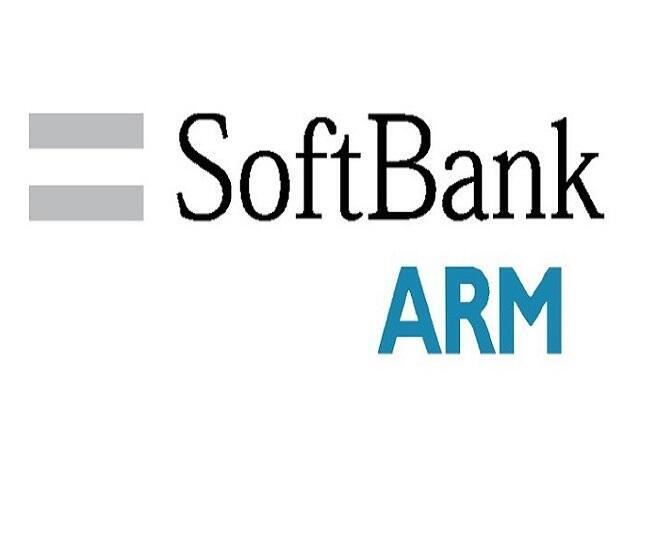SoftBank takes IoT a step further with ARM buy
Article By : Peter Clarke

SoftBank wants to take the lead in the global IoT, autonomous car revolution and thinks it can help ARM make the future happen faster.
Processor intellectual property licensor ARM Holdings plc has had a stupendous 25-year rise to fame and fortune and so it is interesting that its management has chosen to not only entertain but also recommend an offer to buy the company from SoftBank Group Corp., a Japanese telecommunications company. (See >> Softbank takes over ARM in an all-cash buyout.)
SoftBank — essentially the telecommunications creation of entrepreneur, founder and CEO Masayoshi Son – has offered about £24 billion or $32 billion for ARM. This is a 43% premium on the share price as of Friday of last week. SoftBank has also made promises to increase UK employment by the company over the next five years and to increase investment globally.
The long view — apparently shared by Son and ARM CEO Simon Segars — is that although there may be saturation in the smartphone market, for ARM the best is yet to come with the advent of the Internet of Things and networked autonomous vehicles. The view is that IoT and self-driving cars are going to be a revolution for the human race. SoftBank wants in and thinks it can help ARM make the future happen faster. Son also given assurances that, such is the premium he is paying for ARM, he is no "hit and run" investor.
So far so good but this would still seem like a deal born of instinct and sentiment. A more pragmatic analysis of ARM would say that while he it has done well driving the smartphone revolution, that market is becoming saturated and its efforts in servers are proving slow to pay off. And if we think that margins are razor-thin in mobile phone sector they are likely to be even thinner in the billion unit volumes of IoT. It has also done well in microcontrollers and this will no doubt result in an income stream for years to come.
The thin margins in mobile phones may not have hurt ARM too much but it is still the case that the big money is made by the companies higher up the food chain, the likes of Vodafone, Google and Apple. So there are questions to be asked about ARM's position in the food chain and whether it has more or less chance of helping drive IoT and autonomous driving as an independent company or as a part of SoftBank.
The threat of open-source hardware
In addition ARM's position as provider of the intellectual property of everything digital may seem secure but could face a threat from open-source hardware. Open-source hardware has not gained much traction to date but the precedent is there with the broad adoption of open-source software. The RISC-V movement in the United States is gaining publicity and mainstream attention and it is possible that a newly-developed open-source processor could one day offer the advantages of an ARM core but without the disadvantage of having to support the royalty stream. Some may say it will never happen, and point to legacy momentum but new markets and opportunities are great levellers amongst competitors. Son is gambling that ARM wont be eclipsed, at least in the next five years or decade or so. But it is still a gamble.
It is also notable that Stan Boland's latest startup FiveAI Inc. is categorically a software-only company (see Icera team forms machine-learning ADAS startup ). FiveAI is attempting to build a machine learning based software stack for autonomous vehicles. It is Boland's view that his company must focus on the software and that there will be plenty of hardware companies and processor options for the software to run on.
This affirms the idea that the value of IoT and autonomous driving lies with service providers and the software they use; and that hardware choices may yet be reduced to picking a compiler. As SoftBank is a service-oriented company this could be good news, but at the same it could make its investment in ARM hard to make money on.
An end to independence
The final issue that could dog the ARM-Softbank deal is that in getting acquired ARM would be losing the valuable independence that previous ARM CEOs have used to navigate through the tricky waters when dealing with much larger companies than itself.
ARM would become a subsidiary of SoftBank, a telecoms service provider in Japan, an 80% owner and controller of Sprint and an investor in China's Alibaba e-commerce platform. One could imagine that a company such as Vodafone plc might listen to suggestions about IoT and security from a SoftBank-owned ARM differently to those from an independent ARM. Although Vodafone is more obviously a peer of SoftBank some of the same issues and doubts could creep into the minds of an Apple, Samsung or Google.
Whether it will prompt Vodafone or any others to consider putting in their own bids for ARM remains to be seen.
Subscribe to Newsletter
Test Qr code text s ss


